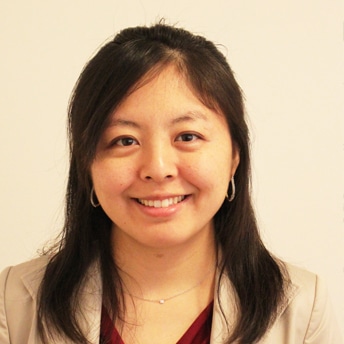
The CART Fund is pleased to announce that Chihiro Sato, Ph.D., Washington University in St. Louis School of Medicine, has been selected to receive a 2016 Alzheimer’s research grant, in the amount of $125,000. The grant will be awarded on May 3, 2016 at the annual meeting of The CART Fund in Columbia, SC.
Research Project: Quantitative analysis of Tau in the Brain, CSF and cell models
The brains of people with Alzheimer’s disease (AD) are characterized by two abnormal structures: plaques, clusters of a protein fragment called beta amyloid which are found between brain cells; and tangles, knots of a protein called tau which are found inside brain cells. Tau is quite complex: there are several different versions of the protein, and it can be chemically modified (a process called phosphorylation) in several different ways.
In this study, we will develop a method to precisely measure the amounts of each of the different forms of tau and phosphorylated tau (p-tau) in the brain. We will look for differences between the brains of people with and without AD in the amounts of all the different forms of tau and p-tau.
The goal is to identify a biomarker, a molecular signature that is so different between healthy people and AD patients that it can be used to diagnose the disease. Since a biomarker that requires pieces of brain is not very useful for diagnosis, we will also determine whether the same biomarker can be found in the cerebrospinal fluid, the liquid that surrounds the brain and spinal cord and which is easier to sample.
The results of these experiments will move researchers one step closer to developing a non-invasive test that can identify people at risk for or in the earliest stages of AD.
The Coins for Alzheimer’s Research Trust Fund (CART) is a project of the Rotary Clubs of North America. Founded in 1995 in Sumter SC, CART provides financial support for Alzheimer’s research projects that are yet to be supported by extensive preliminary data but have the potential to substantially advance biomedical research.

